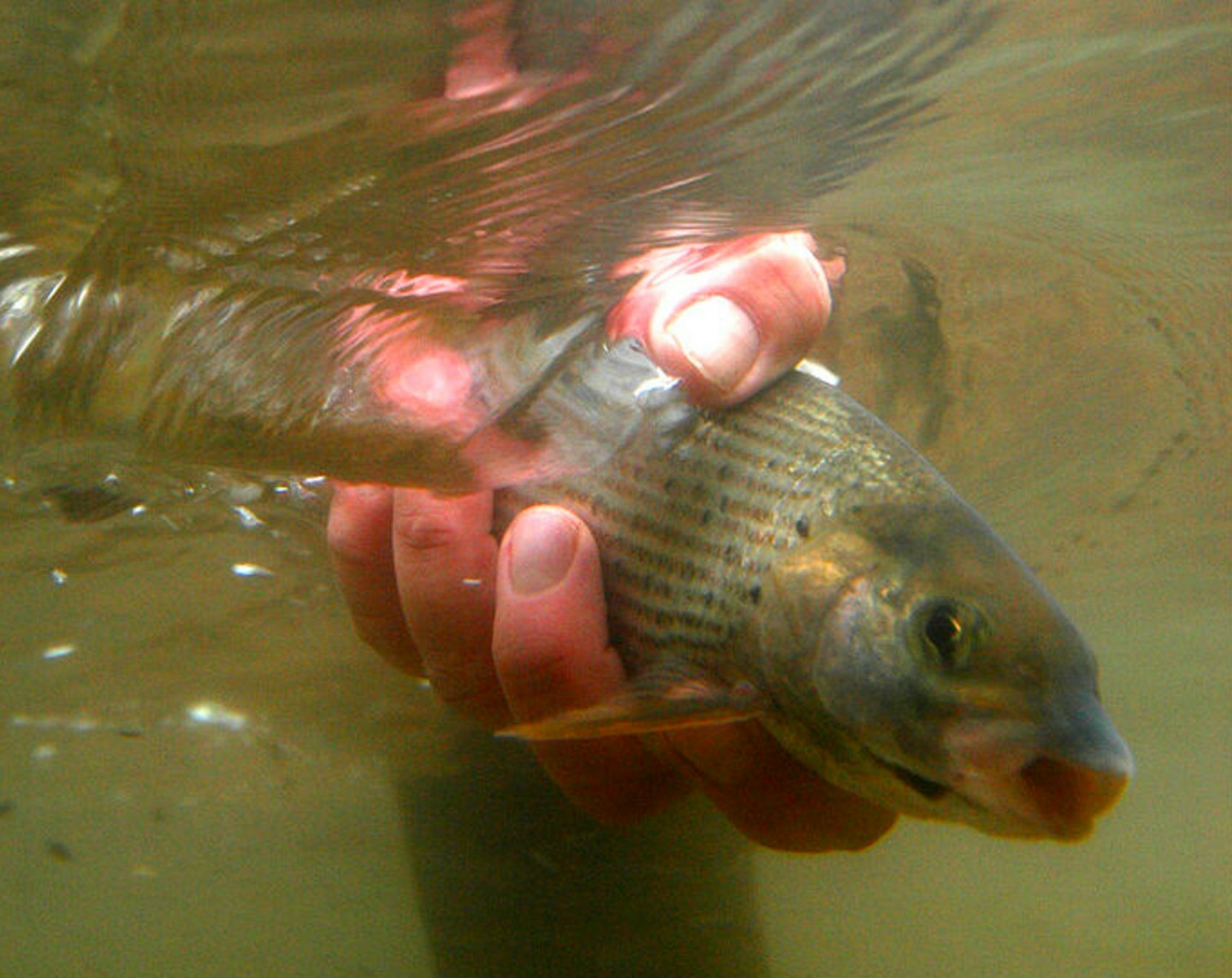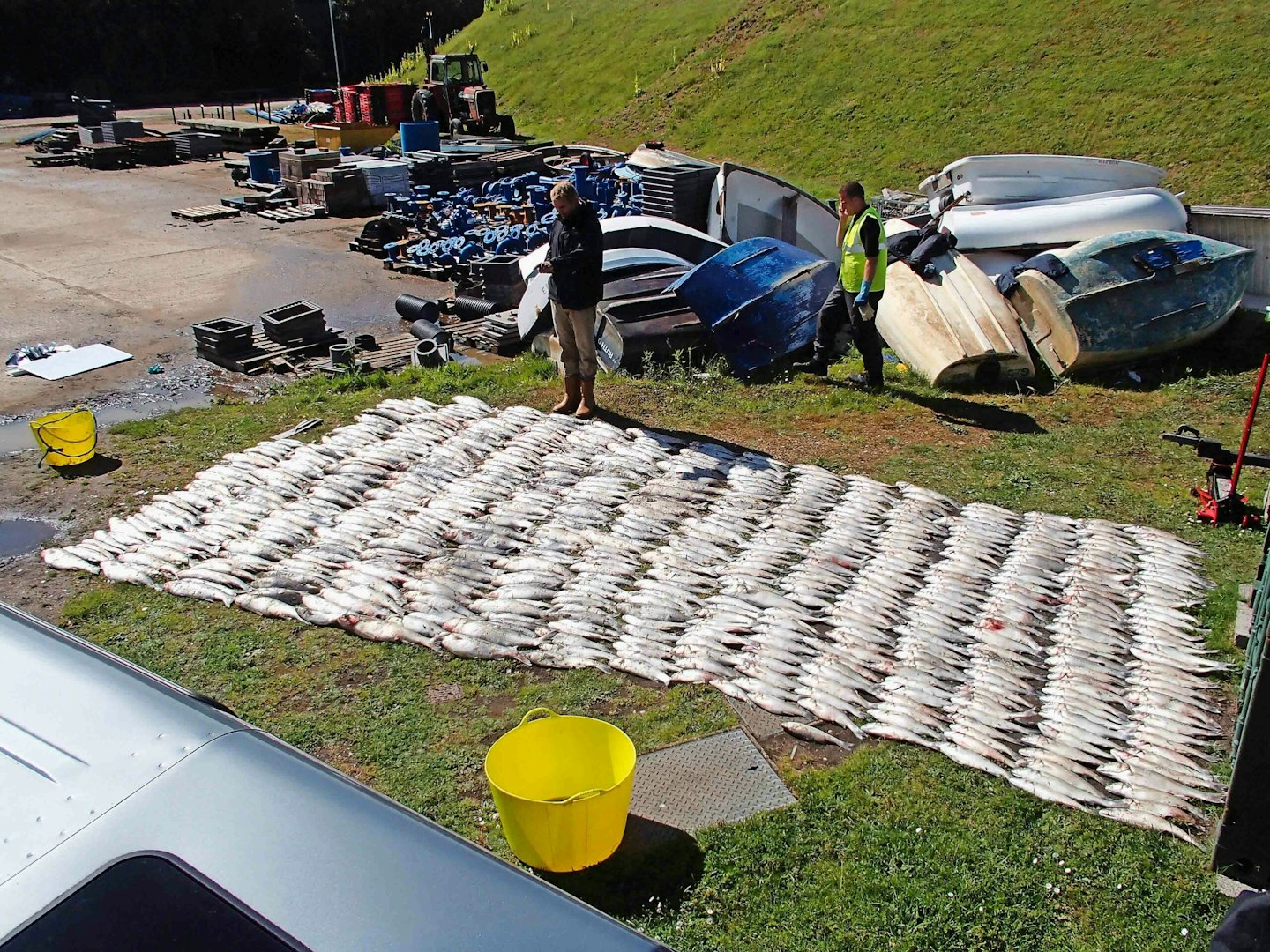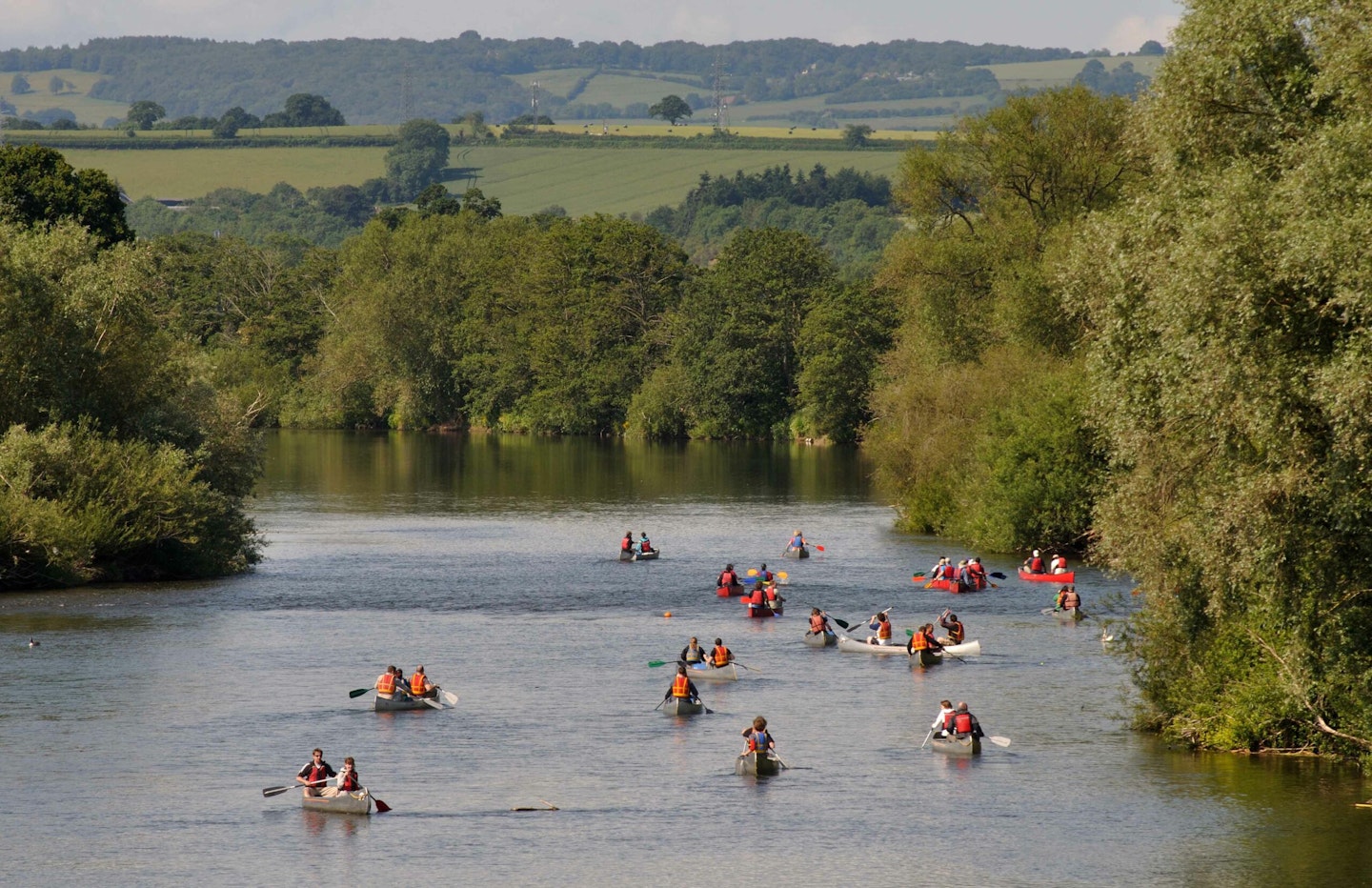As the closed season bites, spare a thought for club bailiffs and EA staff. The existing rules can be tricky to understand, let alone enforce, everything from potential loopholes to endless regional variations. Could it be time, therefore, to tackle some of the bigger grey areas and inconsistencies?
In the EA’s own words, the purpose of rules is to “protect and improve freshwater fish and their habitats”. So, where might we look to achieve exactly that?
Make fish care a legal requirement
Current laws include sensible norms about returning the vast majority of fish “with as little injury as possible”. However, beyond avoiding illegal keepnets there are few legal obligations as to how this is done. There’s no listed requirement, for example, to carry a suitable landing net, or equipment such as forceps or a disgorger.
Many anglers would agree that it should be an offence to fish without an unhooking tool. Others would go even further, insisting that anglers should carry an unhooking mat for species such as barbel, pike and carp, with penalties for not doing so.
Give greater protection to pike and grayling
For as long as we can remember there’s been debate about fish removal. Current byelaws state that this must be done only with permission, and that this includes “a total of 15 coarse fish of not more than 20cm”.
You also have to ask why pike and grayling, two popular and fragile species, are partially exempt from this? Why is it legal to take one pike of up to 65cm per day, or two grayling of 30cm-38cm? Even if most clubs wouldn’t allow this, such byelaws could easily represent a green light for poachers.
“It’s a throwback to when people ate coarse fish. Those days are done, so it probably needs throwing out,” said Neville Fickling on the pike rule. He also urged caution, because some limited allowances to take fish allow anglers to harvest bait and also potentially combat anti-angling claims by allowing some principle of fishing for food and not just recreation.

Tougher penalties for illegal fishing
With the vast majority of anglers sticking to the rules, it can be frustrating to see light sentencing when it comes to unlicensed angling or stealing fish. While the EA states that offenders can “face prosecution and be fined up to £50,000”, most fines fall into the hundreds rather than thousands of pounds.
Most anglers would support both tougher penalties and greater powers for EA enforcement staff and Voluntary Bailiffs. Compared to the rest of Europe and the world, the British approach is lenient. In Poland or Switzerland, rule-breaking or failure to produce a licence would routinely see you marched to the nearest police station awaiting a hefty fine.
One solution might be an optional extra fee on the licence, to go directly towards hiring extra bailiffs and meeting legal costs.
A Fenland official regularly tackling illegal fishing said: “Anything to help would be welcome. We could do with more EA enforcement officers, along with more determination to get perpetrators to court. In too many cases, we have the evidence but struggle to get convictions.”

Adjust and standardise fishing seasons
Regional and national closed seasons tend to divide the angling world. A complete overhaul lacks majority support, but some sensible adjustment could be welcome.
Game fish are a classic example. Why, for example, are the dates for trout and salmon seasons different in separate regions? The waters get even muddier with coarse fish, but one idea might be a two-phase approach to protect predators such as pike from March, followed by the bulk of other coarse fish in April and May?
“The existing rules seem confusing and arbitrary,” said AT columnist and fishing guide Dom Garnett. “I’ve never understood why the trout fishing season is so short and ends in September when the fish only spawn in winter. I’d like to see a nationally consistent game fishing season, not to mention greater protection for predators.”
Provide more funding for fisheries protection?
While anglers often note that the EA is stretched on poaching and pollution, it’s also true that we have one of the cheapest fishing licences in Europe. Would anglers be willing to pay a small optional fee to go directly into better protecting their area?
“We’ve always tended to pay too little for our fishing,” said Adam Fisher, who runs fishing days on the River Wye. “People are used to the ‘donate’ prompts when buying online, and are immune to them! But, while it’s hard to justify extra money when people see few licence checks and little being done about pollution, extra funding could help.”
For Adam, a better way to help generate improvement funds would be for navigable rivers to charge a levy on other recreational users. “The numbers of water users on rivers is massive,” he says. “Even if it was £1 a head for canoeists and other visitors, you could easily pay for more full-time boots on the ground and establish a code of conduct.”

